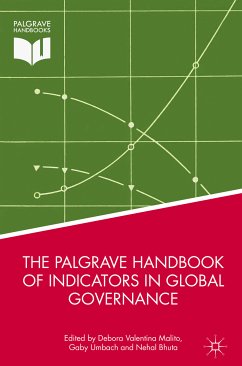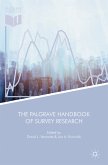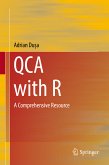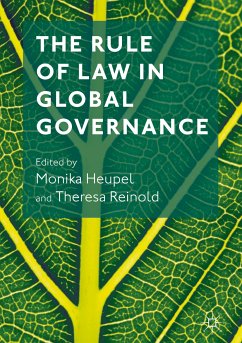This volume brings together both academic and institutional perspectives to examine the production, use and contestation of indicators in global governance. It provides a unique and comprehensive guide to the latest research in the study of indicators and their use in global governance and policy making. The editors provide a guide to the recent vast body of literature and practice on measuring governance and measurement as governance at the global level, and present a state-of-the-art analysis of social science research on indicators at both the transnational and the global level. The Handbook brings together scholars from a variety of disciplines and perspectives, as well as policy-makers from international organisations and non-government organisations working in the field. This volume will be a valuable resource for students and academics in the fields of public policy, administration and management, international relations, political science, law, and globalisation, as well as policy makers and practitioners.
Dieser Download kann aus rechtlichen Gründen nur mit Rechnungsadresse in A, B, BG, CY, CZ, D, DK, EW, E, FIN, F, GR, HR, H, IRL, I, LT, L, LR, M, NL, PL, P, R, S, SLO, SK ausgeliefert werden.









